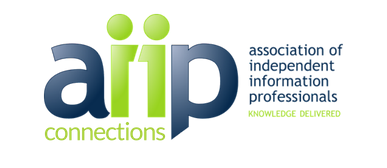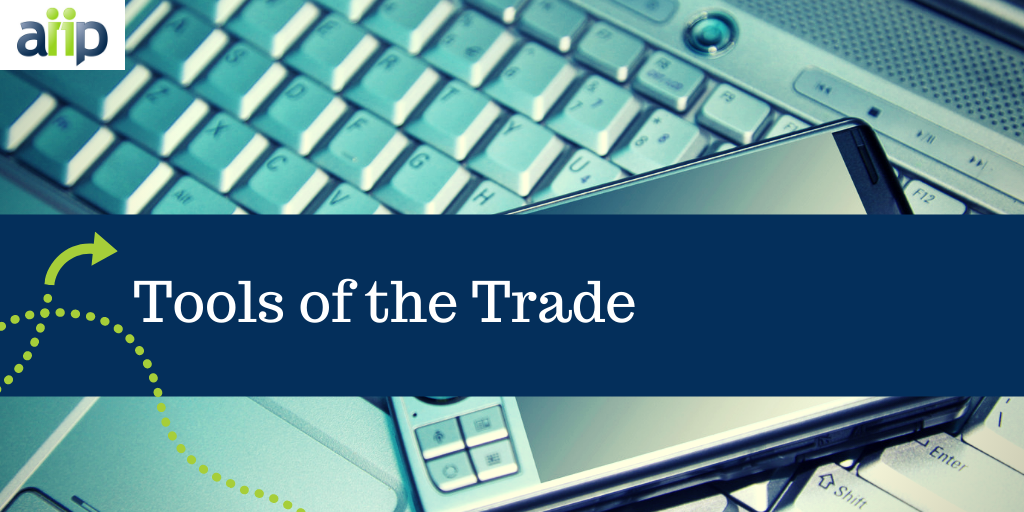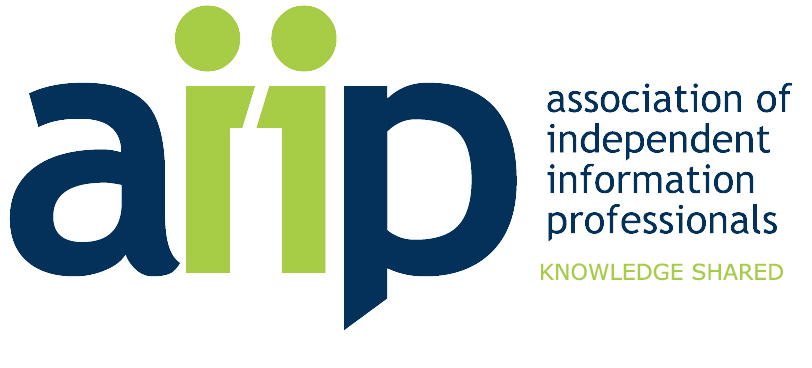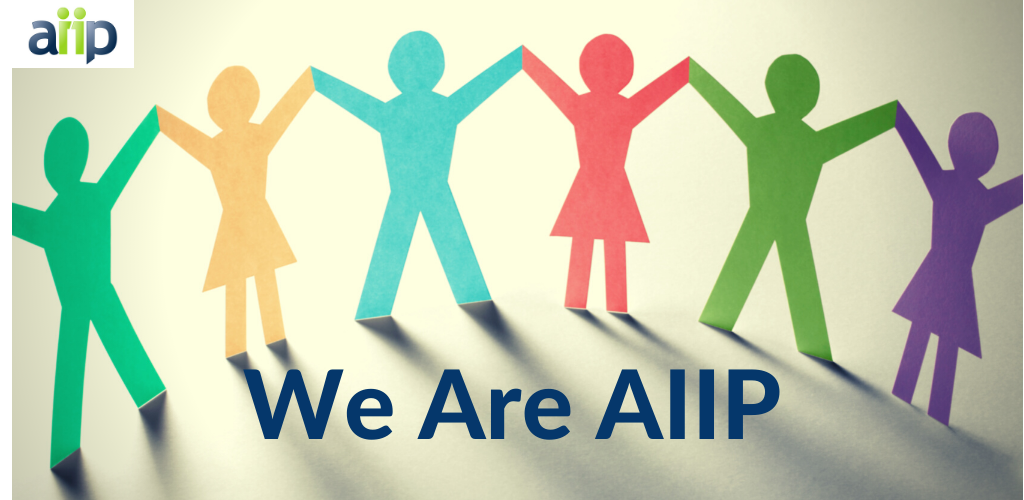By Arthur Weiss
Editor’s note: This is part of a series covering what’s new and, more importantly, how infopreneurs can maximize the benefits of AI tools.
When I started this blog, my aim was twofold:
- To explain what AI is, how to use it, and how to get the best results from it – that’s the Artificial Intelligence part of the title.
- To combat misinformation and foster critical thinking, so that, as infopreneurs, we can guard against AI-generated hallucinations while also exposing misinformation and disinformation. That’s the Real Information part.








